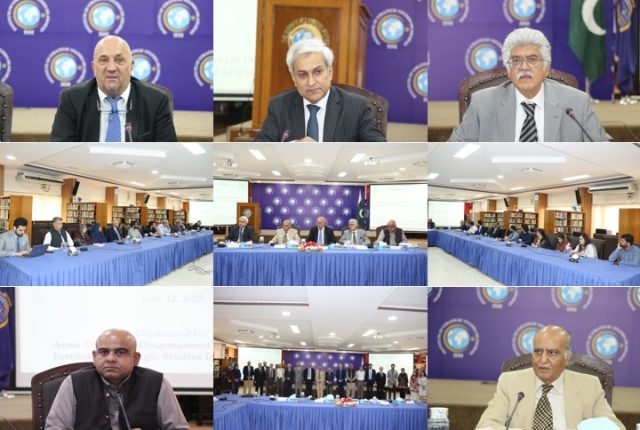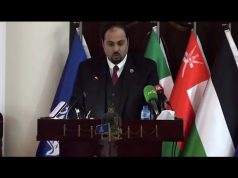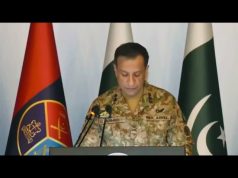ISLAMABAD, Thursday, June 12, 2025 (WNP): The Arms Control and Disarmament Centre (ACDC) of the Institute of Strategic Studies Islamabad (ISSI) on Thursday hosted a high-level roundtable discussion with the European Union’s Special Envoy for Non-Proliferation and Disarmament, Ambassador Stephan Klement.
The session served as a platform for in-depth dialogue on critical global and regional issues related to arms control, non-proliferation, and disarmament. According to a press release issued by ISSI, the discussion aimed to foster mutual understanding and promote sustained engagement between Pakistan and the European Union on matters of strategic stability and global security.
Ambassador Khalid Mahmood, Chairman Board of Governors ISSI; Ambassador Zamir Akram, Member BoG; and Malik Qasim Mustafa, Director ACDC—who also moderated the session—were among the key participants from the host institution.
The roundtable brought together a diverse group of prominent Pakistani diplomats, strategic experts, and academics, including Ambassador Tahir Hussain Andrabi from the Ministry of Foreign Affairs; Maj. Gen. Syed Shahab Shahid, Director General ACDA; Ambassador Ali Sarwar Naqvi, Executive Director CISS; Maj. Gen. (Retd.) Ausaf Ali; Ambassadors Baber Amin and Tariq Usman Hyder; Dr. Zafar Nawaz Jaspal, Dean of Social Sciences at Quaid-i-Azam University; Dr. Adil Sultan, Dean FASS at Air University; and Imran Ahmed from the Pakistan Atomic Energy Commission.
Participants engaged in wide-ranging discussions on the current international and regional security environment, with particular emphasis on the implications of emerging technologies, multilateral export control regimes, and key global flashpoints such as the Ukraine conflict and Iran’s nuclear program.
The session underscored the shared objective of enhancing cooperation in the areas of science, technology, and non-proliferation. Both sides reaffirmed their commitment to regular and structured dialogue, emphasizing the importance of collaborative efforts to address evolving global security challenges.
The dialogue concluded with a consensus on the need to strengthen strategic partnerships to promote peace, stability, and a rules-based international order.




